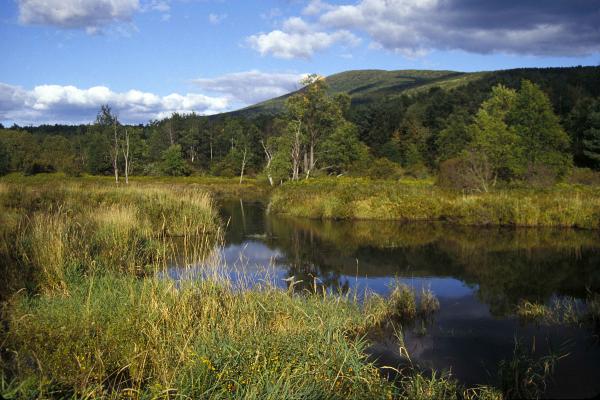
Title: Mishigami (Michigan) and the Anishinaabeg: Indigenous Stewardship and Healthy Fisheries Under Climate Change.
Abstract:
The history of Mishigami (Michigan) is founded on the dispossession of Anishinaabe peoples, lands, and their non-human relatives. Michigan earned statehood in 1837 because they coerced Ojibwe and Ottawa confederacies into signing the 1836 Treaty of Washington. Nearly 40% Anishinaabe lands from that treaty make up the current land-base of Michigan. Today, an Anishinaabe history of place is often considered “background noise” and secondary to the development of the New World (Krawec, 2022; Witigen 2011).
This presentation will present a remaking of Anishinaabeg history as a place that was created and sustained by the Anishinaabeg through their relations with non-humans. In April 2021, one of the Anishinaabeg’s oldest relatives, nmé (lake sturgeon), recaptured the public’s attention. The Michigan U.S. Fish and Wildlife team captured for the first time an estimated 100-year-old female Lake Sturgeon in the Waawiyaatanong (Detroit River).
However, Anishinaabe Tribes in Michigan, specifically, the Little River Band of Ottawa Indians have been working nearly twenty five years to restore nmé to their local watersheds. In this talk, I will share how an Ojibwe view of maamawijiwan (watershed) and mino-bimaadiziwin (balance) as Indigenous-led adaptation strategies support all human life. I will share my methodological approach, and ongoing data analysis. Ultimately, my presentation will propose that Indigenous ways of knowing and being are central to addressing climate change impacts.
For hybrid attendance, please email bertolo.7@osu.edu
